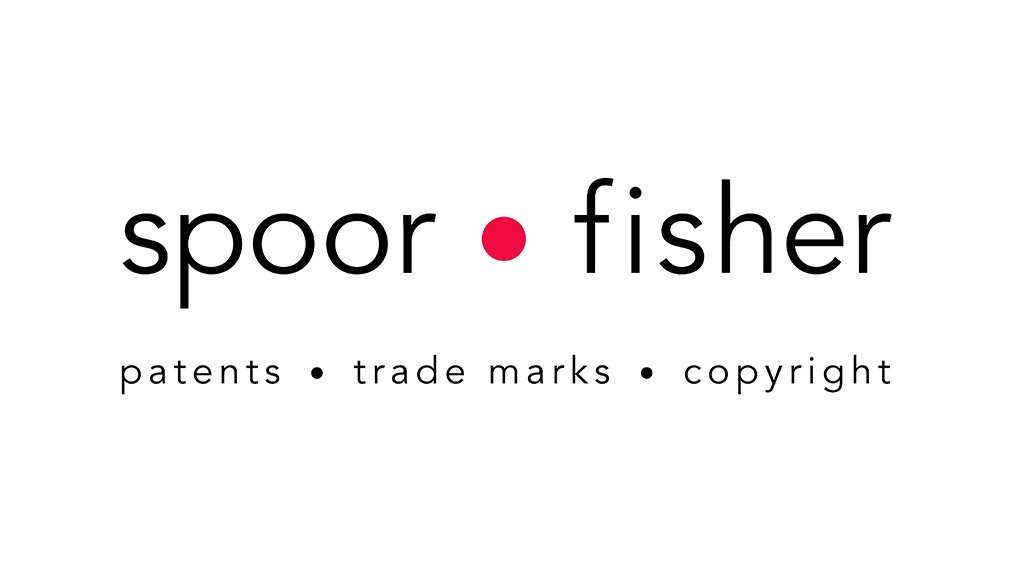Significant changes will be brought about to Kenyan copyright law through a bill called the Copyright (Amendment) Bill of 2017 (‘the Bill’), which amends the existing statute, the Copyright Act of 2001 (‘the Act’). The Bill seeks to modernise Kenyan copyright law in various ways, and for that reason it should be regarded as a positive development. The Bill deals with a number of different issues:
Access to material by the visually impaired: The Marrakesh Treaty (‘the Treaty’) is the international agreement that deals with copyright and the visually impaired, and Kenya adopted it on 27 June 2017. Article 4(1) of the Treaty states that contracting parties must provide copyright exceptions in order to allow for the production of printed works in accessible formats, without the permission of the copyright holder. The Bill therefore creates a number of exceptions that allow for the reproduction and distribution of materials in formats for use by visually-impaired people. The Bill also introduces an entire schedule to the Act that contains provisions that relate to fair dealing and general exceptions and limitations.
As a result of these amendments it is felt that Kenya will have ‘domesticated’ the Treaty, something that a ‘common law country’ like Kenya needs to do in order to ensure that its treaty obligations become law. It is also felt that the latest changes will have the effect of making the Act compliant with the Kenyan Constitution. The Kenyan Constitution is a modern one and it specifically provides for the rights of persons with disabilities to access materials and devices in order to overcome the constraints that arise from those disabilities.
Protection for internet service providers: The Bill seeks to protect internet service providers (ISPs) from liability for infringements by internet users, and the lawmakers have seemingly followed US law closely. So, for example, ISPs will not be liable for copyright infringement for providing access to or transmitting content in the ordinary course of business, provided that the ISP does not do any of the following: initiate the transmission; select the addressee; modify the material contained in the transmission; or promote the content or material being transmitted.
Takedown notices: An ISP will in future be required to disable access to material within 48 hours of a takedown notice, unless it receives a counter-notice from the entity that is accused of copyright infringement. Failure to comply with a takedown notice renders the ISP liable for any loss or damage that results.
Offences by companies: The Bill makes provisions for criminal offences by both companies and the people behind the companies. In cases where an offence is committed by a company with the knowledge or consent of a director, the director will also be guilty of the offence.
Copyright Tribunal: The Bill creates a Copyright Tribunal that will consist of three to five people, one of whom will be an advocate. The Copyright Tribunal will seemingly replace the ‘competent authority’ that already exists.
Collective management organisations: The ‘collecting societies’ referred to in the Act will in future be known as ‘collective management organisations’. There are many detailed provisions regarding collective management organisations, and the general consensus is that these provisions will promote professionalism, ethics and good corporate governance in the artistic works sector.
For further information please contact Spoor & Fisher on 012 676 1111 / info@spoor.com
EMAIL THIS ARTICLE SAVE THIS ARTICLE ARTICLE ENQUIRY FEEDBACK
To subscribe email subscriptions@creamermedia.co.za or click here
To advertise email advertising@creamermedia.co.za or click here











